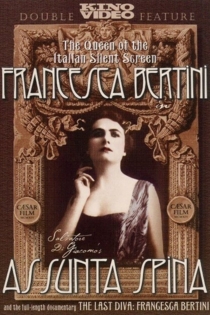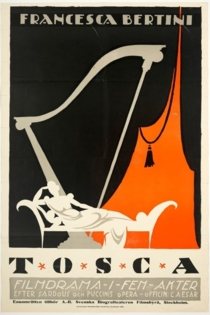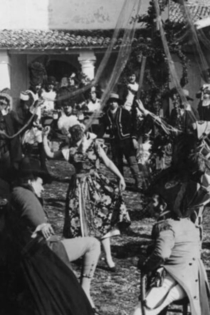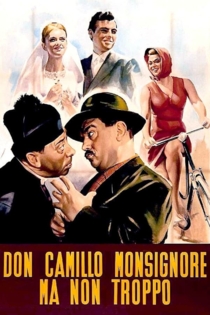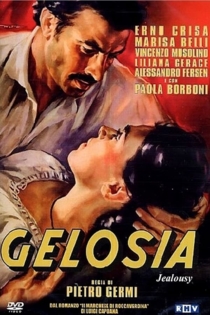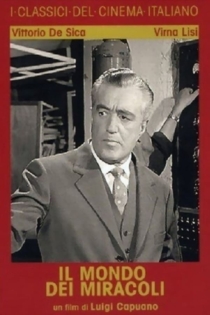
Gustavo Serena
1881 - 1970I soliti ignoti
Mario Monicelli
Vittorio Gassman, Marcello Mastroianni
Best friends Peppe and Mario are thieves, but they're not very good at it. Still, Peppe thinks that he's finally devised a master heist that will make them rich. With the help of some fellow criminals, he plans to dig a tunnel from a rented apartment to the pawnshop next door, where they can rob the safe. But his plan is far from foolproof, and the fact that no one in the group has any experience digging tunnels proves to be the least of their problems.
Big Deal on Madonna Street
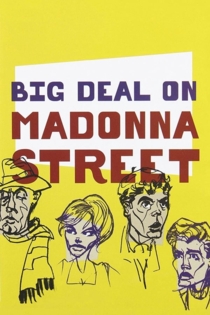
Il ferroviere
Pietro Germi
Pietro Germi, Luisa Della Noce
Train operator Andrea Marcocci has to witness the suicide of a desperate man who jumps in front of his train. Under the influence of this shock he starts making mistakes. A check up by a doctor reveals that he's at the brink of becoming an alcoholic. Due to this evaluation he is degraded and must accept a salary cut.
The Railroad Man

L'avarizia
Gustavo Serena
Francesca Bertini, Gustavo Serena
Maria and Luigi love each other in spite of their poverty, while she resists her many wealthy suitors. But their mutual enemies figure out a lie that will separate them. Maria will become temporarily rich but then she will commit a crime and will divert into the slums. There Luigi will meet her again.
L'avarizia

47 morto che parla
Carlo Ludovico Bragaglia
Totò, Silvana Pampanini
Greedy Baron Antonio Peletti refuses to give to his town the heredity left by his father, a box full of precious jewels, which he keeps for himself. The major and the rest of the townspeople therefore organize a trick at his expense: they'll make him believe he is dead, and, in a fake "afterlife", they'll try to convince him to finally show them where the money is hidden to save his soul.
47 Talking Corpses
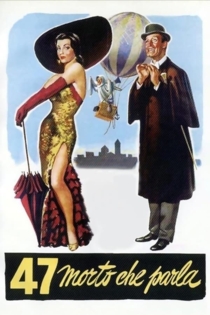
The White Sister
Henry King
Lillian Gish, Ronald Colman
Angela Chiaromonte is the daughter of a wealthy Italian prince who is killed in a fall from his horse. Though Angela stands to inherit half of a large estate, her older half-sister burns the will and thus inherits everything herself, throwing Angela into poverty. Fortunately, Angela is engaged to marry dashing Captain Giovanni Severi - but he soon is captured by Arabs while on an expedition to Africa. Believing him dead, Angela, dedicating her life to his memory, becomes a nun, unaware that her lover has escaped his captors and is returning to Italy. The dramatic climax takes place against a backdrop of the eruption of Mount Vesuvius.
The White Sister
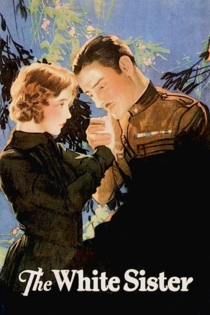
Giuseppe Verdi
Carmine Gallone
Fosco Giachetti, Gaby Morlay
The great Italian opera composer recalls his eventful life on his deathbed: his childhood in Busseto, his studies in Milan, his first opera "Oberto, conte di San Bonifacio", the death of his wife and his children killed by smallpox.
The Life of Giuseppe Verdi
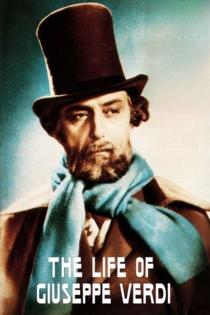
La città dolente
Mario Bonnard
Luigi Tosi, Barbara Costanova
The city of Pola is being evacuated after the peace conference of 1947 decided to assign the sovereignty to Tito's Yugoslavia. However the main character decides to stay, thinking that Communism might bring him a better future. Life turns to be hard for him and his family until he changes his mind, but he is killed before he can leave the country.
City of Pain
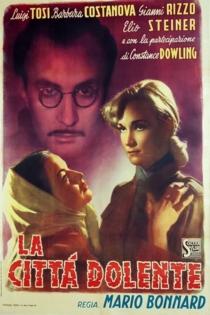
Ivonne, la bella danzatrice
Gustavo Serena
Francesca Bertini, Carlo Benetti
Ivonne is a vulgar, loose, promiscuous and a passionate danseuse at the tavern. Countess Edith is an angelic creature, exquisitely elegant, a finite and aristocratic heiress. Two sides of a woman with a split personality.
Ivonne, la bella danzatrice
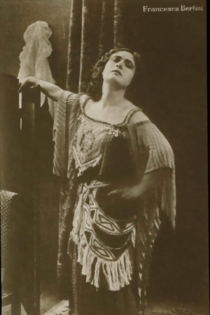
Assunta Spina
Gustavo Serena, Francesca Bertini
Francesca Bertini, Gustavo Serena
Assunta and Michele are in love, but others come between them and jealousy arises. Assunta Spina stands out as an early landmark of naturalistic acting and a blueprint for the Italian Neorealist films to come.
Assunta Spina
